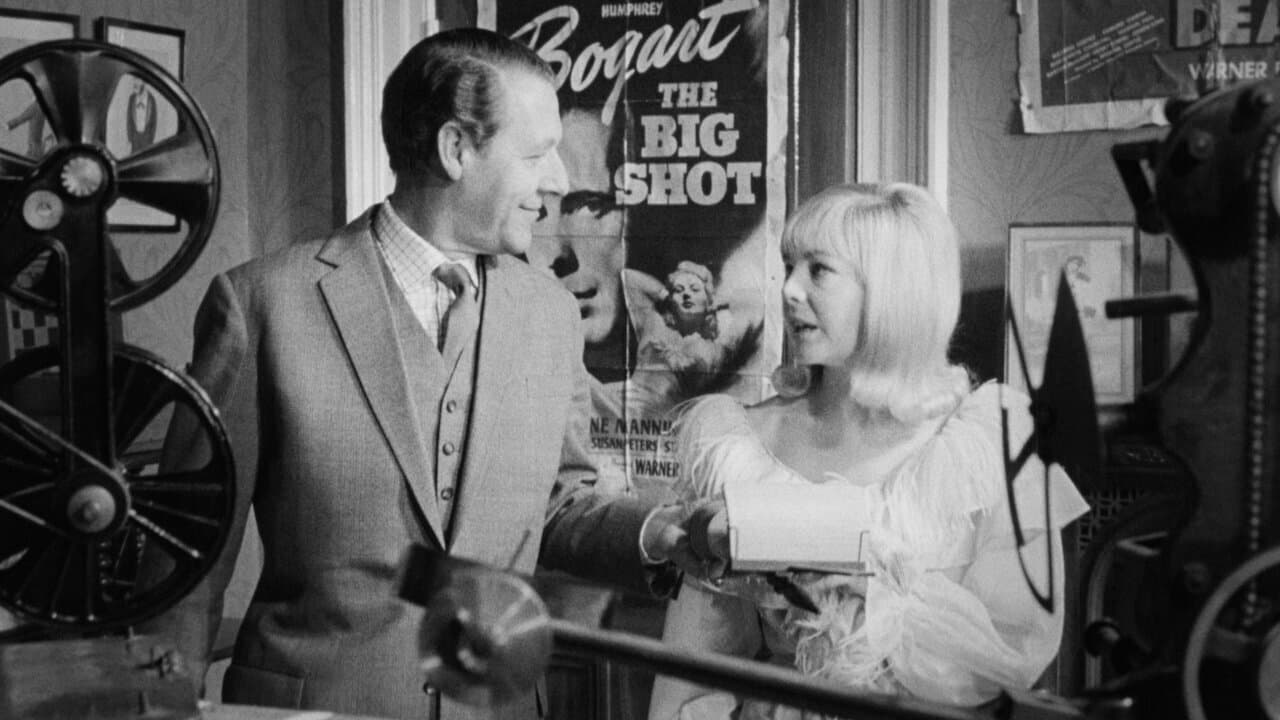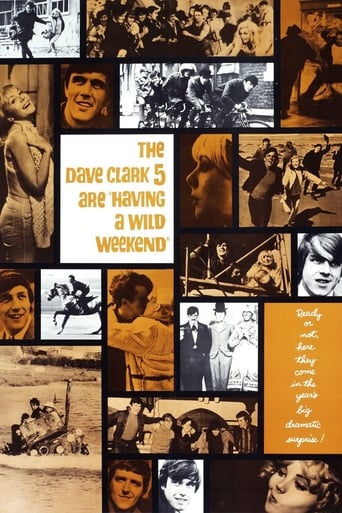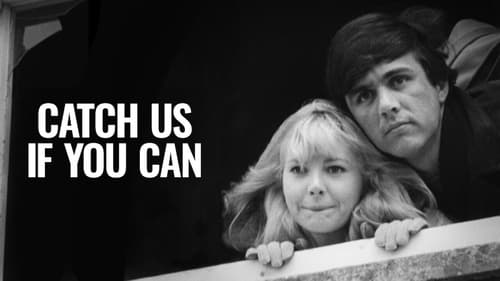


I remember what a big deal the city of Kenosha made when "A Hard Day's Night" played at the Orpheum downtown theater. "Having a Wild Weekend," on the hand, blew through the area before I had a chance to see it. I think I have watched the movie from start to finish maybe four times in forty years. I like the film but it's no "A Hard Days Night."1) The Beatles were far superior to the Dave Clark Five musically by the time the two movies were released.2) Ringo as a leading character is vastly more enjoyable than Dave Clark's moody Steve. 3) The Beatles played their film for comedy while the Dave Clark Five went for mood.4) The 4 Beatles had distinctive characters while the Dave Clark Five had one leading man and 4 bland supporting actors.5) A hard day's Night moves rapidly while "Having A Wild Weekend" drags much of the time.However, I still like "Having a Wild Weekend." Dinah was a cute little number and Steve had James Bond-like qualities. The costume party scene was a rave. The hippies being rounded up by the British army was a foreshadowing of the near future.
... View MoreWhen I was a kid, this is the movie I remember seeing in the theater. I never got to see the Beatles "Hard Day's Night" on the big screen. That being said, I thought this was a better movie than some other films I saw at that age. It was definitely better than the typical beach movies the US was producing with Leslie Gore singing "Sunshine, Lolipops".While I never saw the Beatles film then, once I did, I don't understand the comparison. "Hard Days Night" was about The Beatles trying to escape their rabid fans. The DC5 film here is more about having a wild week-end and trying to get away from the cops.The theme song, "Catch Us If You Can" caught on big in the US as it went up the pop charts. I remember at one time owning the soundtrack vinyl album of this move, along with earlier stuff like "Glad All Over" and "Because".This movie did pretty well in the US but the DC5 then seemed to run out of a stream of music here trying to compete with the Beatles and Roliing Stones. Then in 1966 the Pre-Fab 4, The Monkees hit the charts.To me the most inspired moments in this are the costume party. It presents some pretty good light comedy. You can tell this is a British film because there are some scenes of Barbara Ferris at camera angles the codes in the US did not allow then. She looks and acts well in this film.
... View MoreI went into "Catch Us If You Can" expecting a pallid DC5 rip-off of "A Hard Days Night." Well, it is that all right, but director John Boorman also reaches for something more by abruptly separating the two main stars (Dave Clark inexplicably named 'Steve' -- and sunny Barbara Ferris) from the madcap Swinging London antics and plunging them into a existential search for meaning in a superficial world obsessed with celebrity. So there are lots of brooding looks on the part of 'Steve' and shallow ruminations on the pressures of fame from Ferris. On their journey they meet a pack of drugged-out hippies squatting in a military bombing site, a disaffected upper-class couple who adopt the pair as a sort of kinky project, and a man who operates a Western dude ranch in southern Devon.To satisfy what few remaining DC5 fans were coerced into seeing this film, the rest of the rock group is brought in at intervals to dance and leap about. But their presence is never really explained. They're not portrayed as a rock group (their songs are heard on the soundtrack but no musical instruments are in evidence) but as 'stunt boys' who all live together in what appears to be a refurbished church/gym. There's a definite homoerotic tone as they shower and work out and eat breakfast together.Oh, and there's also a subplot on the cynical nature of advertising involving Ferris' managers and his ad agency cohorts. The whole thing comes off as something of a mess, albeit a watchable one, with bleak shots of the wintry English countryside and 1960s London. A definite curiosity.
... View MoreAt last a new film genre--'pop film noir'!.The whole film is so downbeat its untrue-Dave Clark is incredibly negative,downbeat & generally 'fed-up' throughout, thats its remarkable that it got released at all,considering its niche-i.e. 60's pop music cash-in.Dave's performance is brilliant conveying a media star rebelling against the media web,overshadowing Barbara Ferris excellent portrayal as a woman who succumbs to the media bullshit.The end scene is achingly sad as Dave & the band drive off across the beach leaving her to accept being engulfed by the media throng.Considering that the film is 40 years old it holds up very well.
... View More